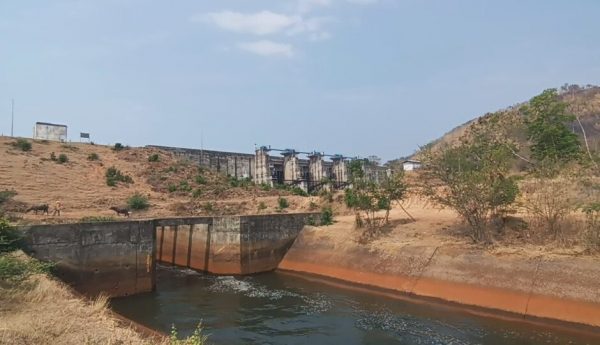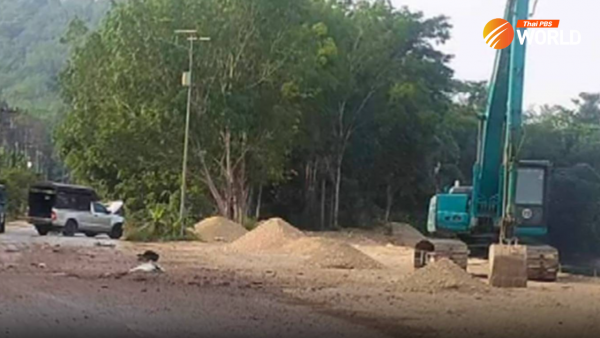Pension system in need of reform as cost pressure mounts

Thai society is aging fast. The percentage of the population aged 60 and above was projected to be 20.4 per cent in 2020 and 38.3 per cent in 2050, according to the UN ESCAP’s demographic changes report for Asia and the Pacific
While Thailand has multiple social insurance and social assistance schemes to support the elderly, the old-age income provided by these schemes is inadequate for many groups of the population.
The different schemes are in theory targeted at different groups or sectors of the population. The Old Age Allowance (OAA) provides a basic pension for all Thai citizens aged 60 years or older with monthly handouts between 600-1,000 baht, depending on their age.
In comparison, retired civil servants have their own government pension schemes that are considered generous relative to other schemes. The Social Security Office (SSO) Fund is mandated for employees in the formal sector (Article 33). Once they exit the formal sector, employees can choose whether to continue to contribute to the fund (Article 39) but with a lower accrual of benefits. Those in the informal sector can choose to participate in the voluntary schemes, either the SSO Article 40 or the National Savings Fund (NSF).
The current generation of Thai senior citizens often rely on their children for support. However, with longer life expectancy, lower fertility and the shift towards smaller families, it will be more difficult for future generations to count on their children. Public old-age income support is expected to play a more important role, according to a paper written by experts, including Nada Wasi, a researcher at Puey Ungphakorn Institute for Economic Research
After coming under pressure over the rising cost burden of the OAA, the outgoing government proposed to limit the OAA to only those who proved they were poor. The proposal has met with fierce opposition from civil groups and economists. It has become a hot potato that will have to be dealt with by the new government.
Hybrid solution
Somchai Jitsuchon, research director at Thailand Development Research Institute, has proposed a hybrid solution for the old-age allowance, taking into account maintaining the universal pension fund system.
He said he did not agree with the plan to downgrade the universal pension fund and step back to a previous supporting scheme which provided assistance to people who could prove they were poor.
Such selective assistance would leave many eligible persons outside the scheme. He argued that the old system also encouraged corruption as past experience had shown local leaders often picked their relatives to receive the allowance.
Somchai, however, acknowledged that the universal pension would come at a high cost. For example, if every old person gets 3,000 a month as proposed by the Move Forward Party, the cost is estimated to be 400-500 billion baht a year. Somchai is proposing a hybrid solution.
As per Somchai’s idea, every old person should get the basic allowance of 600-1,000 baht a month, but to avail of more assistance, he or she must prove they meet the criteria for a monthly allowance of say 3,000 baht. The cost of implementing the hybrid solution could be contained to around 200 billion baht a year, instead of the 400-500 billion baht if every senior citizen was given 3,000 baht a month, he said.
Fragmented pension schemes
Some academics have proposed reform of the whole system, not just the OAA in order to provide adequate support and to achieve sustainability.
Currently, Thailand’s public old-age income support schemes are fragmented and managed by different governmental authorities with little integration and a lack of policy consistency.
The concerned agencies often think about reforming their own scheme without a clear vision on how their adjustments will affect the fiscal space of other schemes, according to a Puey Ungphakorn Institute for Economic Research paper entitled “Thailand’s Pension Reform: Towards an Inclusive, Adequate and Sustainable Pension System”.
Experts suggest that designing old-age pension contributions requires insights into the nature of the country’s labor market. Workers in Thailand have a diverse work history with many of them moving between the formal and informal sectors.
Those with short careers in both sectors are likely to be eligible only for lump sum benefits, which will not be adequate to support them for the rest of their lives. To accommodate such diverse work histories, a harmonized multi-tiered pension system with portability between public and private system; and strong incentives for voluntary participation is a potential solution
For future generations, the OAA does not need to increase uniformly. This can be done by integrating the Social Security mandatory system with the OAA.
Meanwhile, the International Labor Organization and the World Bank have suggested that reform of the civil servants pension needs to be considered. The increasing costs of the scheme – due to generous provisions and increasing life expectancy – threatens their financial sustainability, they said.
By Thai PBS World’s Business Desk






